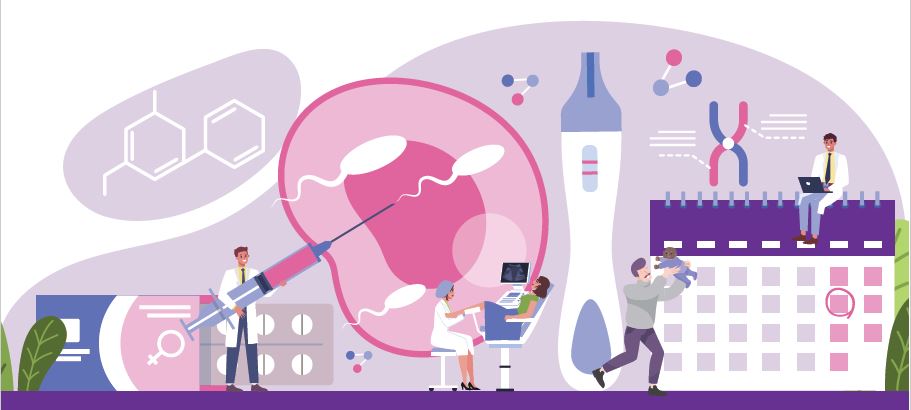

Sexual and Reproductive Rights: Your Human Rights
Mattos Filho's latest publication reinforces individual rights and freedoms regarding sexuality and parenting
Subjects
All people have the right to freely express their sexual orientation, to choose whether or not to have sexual relations, to access sexual education and to access sexual/reproductive healthcare in privacy. They also have the right to freely and responsibly decide whether or not to have children, and – if so – how many and when.
As part of LGBTQIAP+ Pride Month and with the aim of reaffirming these individual rights and freedoms, Mattos Filho has released a new infographic titled ‘Sexual Rights and Reproductive Rights’. The infographic outlines the global conferences that redefined sexual and reproductive rights as human rights in the 1990s, highlighting fundamental rights such as the right to:
- Express sexuality without discrimination;
- Access to emergency contraception;
- Voluntarily give up a baby for adoption; and
- Assisted reproduction methods.
Despite being fundamental to human dignity, people are often largely unaware of sexual rights and reproductive rights such as these. “When we talk about sexual rights and reproductive rights it is important to remember that we are talking about people’s autonomy to make decisions both in relation to sexual relations and to reproduction. Both of these ideas are linked to human rights that must be guaranteed for Brazilian citizens, especially those who are part of minorities and vulnerable groups. The first step towards guaranteeing this is ensuring people are aware of these rights, hence the importance of this infographic,” said Laura Mattar, manager of Corporate Citizenship at Mattos Filho. Mattar also reinforced the achievements of the LGBTQIAP+ population in relation to parenting rights, such as those concerning adoption and assisted reproduction.
LGBTQIAP+ Pride Day
Celebrated around the world on June 28, LGBTQIAP+ Pride Day commemorates the struggle to advance the rights of the global LGBTQIAP+ community. This date can trace its origins to a series of protests in 1969 that occurred in the wake of a violent police operation at the Stonewall Inn in New York, a bar popular among the local LGBTQIAP+ community. The first LGBT Pride parade was held in 1970, and the following decade saw several other demonstrations against discrimination based on sexual orientation and gender identity.
In more recent decades, LGBTQIAP+ rights have come to be recognized as Human Rights. The international community has recognized the right to freely express sexual orientation and gender identity, same-sex marriage and its legal prerogatives, access to comprehensive healthcare, the right to donate blood and protection against discrimination. However, these rights have still yet to be guaranteed for all people.
LGBTQIAP+ rights make up one of the central pillars of Mattos Filho’s Diversity and Inclusion Program, which aims to promote an ever more inclusive and welcoming work environment for its professionals. The program reinforces the firm’s commitment to attracting, developing and retaining the best talent in the market – regardless of who they may be and the specific characteristics they may have. One way of raising awareness of the issues the program works on is to create content such as this series of infographics.
To learn more about Mattos Filho’s Diversity and Inclusion actions, please click here.

